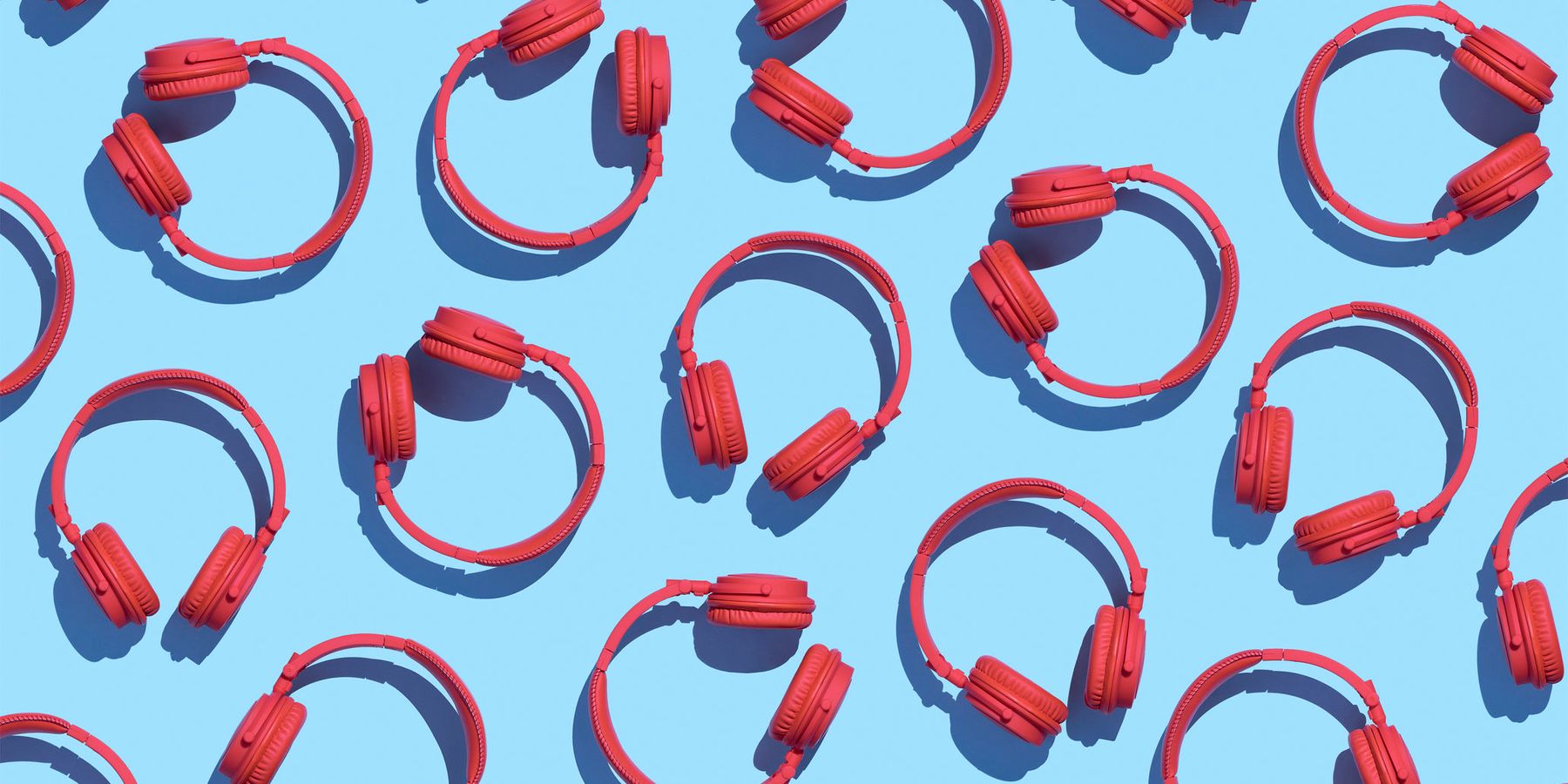The past decade's shift away from radio and physical album sales towards a streaming model has been somewhat of a reckoning for the music industry. For artists, it's meant getting paid in fractions of pennies per stream, forcing them to rely on touring and merch as main sources of income (now devastated as a result of COVID-19). On the business side of things, it's meant struggling to keep up and adapt to an increasingly decentralized musical economy.
One of the major ways we can see this impact is reflected in how Billboard has adapted their accounting methods for their charts. A ranking system still based on album sales, digital downloads and streams aren't weighed equally when it comes to determining which single can claim the coveted No. 1 spot, but how Billboard exactly makes that calculation seems to change every few months as major labels keep coming up with ways to game the system.
Today, Billboard has announced that they no longer will count forced bundle sales as a part of their charts, meaning that artists won't be able to rely on forced album and tickets sales as well as digital downloads paired with merch shipped at a later date to inflate their numbers. Starting October 2nd, artists and bands must allow fans the option to add an album download to their merch or ticket purchase otherwise it won't be counted. This updated policy builds on one that went into effect this past January that stated all items in a bundle must be able to be purchased separately at the time it goes on sale.
The new policy change tackles the growing trend of forced bundles among artists and major labels looking to boost sagging album sales. Everyone under the sun, from Justin Bieber to Ariana Grande, has been guilty of exploiting this loophole. DJ Khaled famously flipped out and threatened to sue Billboard when his most recent album failed to debut at No. 1 despite bundling it with an energy drink. Lady Gaga stans even created a fake promotional Starbucks deal (remember #SHALLOWBUCKS) in an attempt to scam the system.
This rampant problem in the industry has really only benefited large artists with huge marketing budgets, making it that much harder for indie or emerging artists to get accurate representation on the charts. Therefore, it is a welcome relief to see Billboard finally address this head on. It likely won't be long until another work around or way to game the system will be found, but for the time being good riddance to bundles.
Photo via Getty
- Billy Ray Cyrus and How Country Continues to Erase Lil Nas X ... ›
- DJ Khaled Suing 'Billboard' After 'Father of Asahd' Failed To Go No. 1 ›
- Billboard is Changing Its Chart Rules on Bundling Hot 100 - PAPER ›
